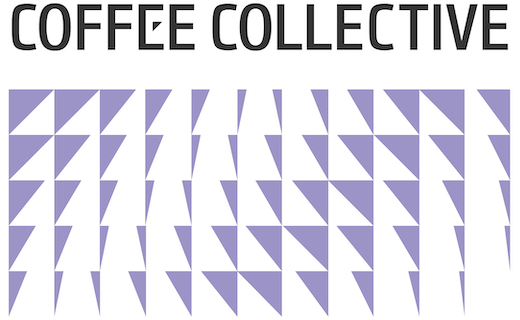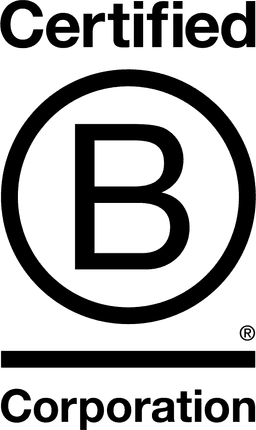

The Coffee Collective A/S

1.6
Capital Region of Denmark, Denmark
September 2019
Beverages
Manufacturing
Denmark
The Coffee Collective is a Copenhagen-based micro roastery with four coffee shops, wholesale partnerships and an international webshop. A strong set of values powers their overall purpose: To create exciting coffee experiences that bring better returns to the farmer. Through long-term relationships with farmers they work for creating financial sustainability with transparency in pricing at the core. Dealing directly with farmers with annual visits, paying higher prices, and publishing those prices directly on the bags have been key instruments in creating transparency in a non-transparent market. At the other end of the chain, their baristas are part of a union agreement (3F) and wind energy powers their coffee shops, reducing the CO2 footprint by up to 40%. Their yearly Sustainability Report was the first step towards B Corp Certification and the next step is to continuously improve their impact on the world in general and coffee in particular. Overall, the Coffee Collective pursues to be sustainable in a broad sense. It derives from their belief that it is extremely important to show respect to farmers, to their employees, to their customers as well as to the environment and society in general: To conduct business in a responsible manner.
Overall B Impact Score
Governance 18.3
Governance evaluates a company's overall mission, engagement around its social/environmental impact, ethics, and transparency. This section also evaluates the ability of a company to protect their mission and formally consider stakeholders in decision making through their corporate structure (e.g. benefit corporation) or corporate governing documents.
What is this? A company with an Impact Business Model is intentionally designed to create a specific positive outcome for one of its stakeholders - such as workers, community, environment, or customers.
Workers 20.9
Workers evaluates a company’s contributions to its employees’ financial security, health & safety, wellness, career development, and engagement & satisfaction. In addition, this section recognizes business models designed to benefit workers, such as companies that are at least 40% owned by non-executive employees and those that have workforce development programs to support individuals with barriers to employment.
Community 29.5
Community evaluates a company’s engagement with and impact on the communities in which it operates, hires from, and sources from. Topics include diversity, equity & inclusion, economic impact, civic engagement, charitable giving, and supply chain management. In addition, this section recognizes business models that are designed to address specific community-oriented problems, such as poverty alleviation through fair trade sourcing or distribution via microenterprises, producer cooperative models, locally focused economic development, and formal charitable giving commitments.
What is this? A company with an Impact Business Model is intentionally designed to create a specific positive outcome for one of its stakeholders - such as workers, community, environment, or customers.
Environment 25.8
Environment evaluates a company’s overall environmental management practices as well as its impact on the air, climate, water, land, and biodiversity. This includes the direct impact of a company’s operations and, when applicable its supply chain and distribution channels. This section also recognizes companies with environmentally innovative production processes and those that sell products or services that have a positive environmental impact. Some examples might include products and services that create renewable energy, reduce consumption or waste, conserve land or wildlife, provide less toxic alternatives to the market, or educate people about environmental problems.
What is this? A company with an Impact Business Model is intentionally designed to create a specific positive outcome for one of its stakeholders - such as workers, community, environment, or customers.
Customers 3.7
Customers evaluates a company’s stewardship of its customers through the quality of its products and services, ethical marketing, data privacy and security, and feedback channels. In addition, this section recognizes products or services that are designed to address a particular social problem for or through its customers, such as health or educational products, arts & media products, serving underserved customers/clients, and services that improve the social impact of other businesses or organizations.